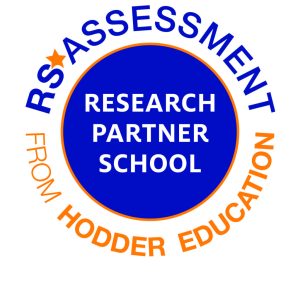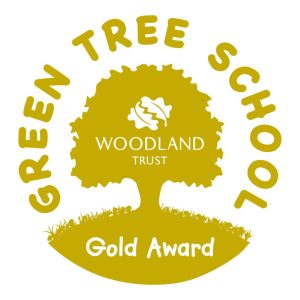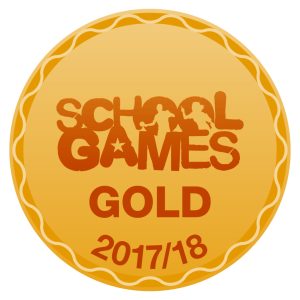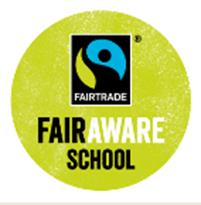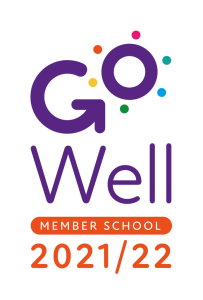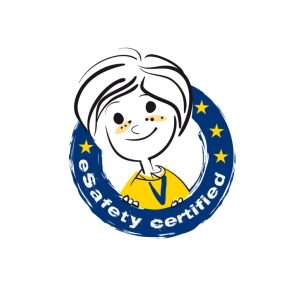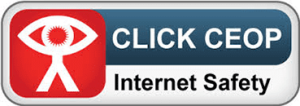What we say about RE at Dean Bank Primary School
Amealia – We get to learn about different beliefs and cultures.
Tyler – I like to look at videos and pictures to learn more about religions.
Our Intent
At Dean Bank Primary School we provide a curriculum where children will develop an understanding of the beliefs, practices and teachings of a range of religious and non-religious world views. We believe that this is crucial in developing their self-awareness, open-mindedness and appreciation of the world in which we live.
The monoculturalism in our setting means some children begin school with little or no experience of religions beyond the beliefs within their own family. We celebrate and explore diversity in a positive manner, so that children will learn respect and tolerance for others. As a result, we hope that our children will gain the confidence to challenge stereotypes of religions, cultures, beliefs and values of others that may be different to those that they have themselves.
Our Implementation
Religious Education is studied throughout our school, following the Agreed Syllabus for Religious Education in Durham. Topics cover the main world religions of Christianity, Buddhism, Hinduism, Judaism and Islam. The children engage in well-resourced and differentiated lessons, developing their knowledge and understanding, critical thinking and personal reflection.
The syllabus encourages enquiry-based learning and provides a developmental approach to RE which is coherent and systematic. Every lesson we teach is driven by a key question which provides our children with opportunities to engage, explore and evaluate their learning. We endeavour to enhance our curriculum further by enabling the children to gain first-hand experiences of the religions they are taught through visiting places of religious significance and welcoming visitors from different religions into our school. Through our carefully planned Religious Education curriculum children will move through school with a progression and depth of knowledge on religious and non-religious world views.
Our Impact
The impact of our Religious Education curriculum will be apparent in the children’s engagement, enjoyment and enthusiasm towards RE, as well as the progress evidenced in their books and through their discussions. This will demonstrate the children’s wide knowledge and understanding of different religions and cultures. They will be able to ask and answer challenging questions and understand that not all questions will have answers. Our children will be respectful of all faiths and beliefs and be able to reflect upon other’s beliefs in relation to their own. Children are assessed at the end of each topic against statements based on planned outcomes. These assessments are then used to inform a teacher judgement for each child to identify if they are working below, at or exceeding expectations for their age.
The Right of Withdrawal
The parent of a pupil at a community, foundation or voluntary school (or pupils themselves if they are aged 18 or over) may request that they be excused from all or part of the religious education (RE) provided. Religion and belief have become more visible in public life in recent years, making it important that all pupils should have an opportunity to engage in RE.
Dean Bank Primary School will ensure that parents who wish to withdraw their children from RE are aware of its aims and what is covered in the RE curriculum and that they are given the opportunity to discuss this if they wish. It should be made clear whether the withdrawal is from the whole RE curriculum or specific parts of it. No reasons need be given.
Whilst parents or carers have a right to withdraw children from RE, they should note that children may also encounter religions and beliefs in other areas of the curriculum from which there is no right of withdrawal. On occasion, spontaneous questions about religious matters are raised by pupils or issues related to religion arise in other subjects such as history or citizenship. For example, our school promotes community cohesion and help pupils to understand ideas about identity and diversity within both religious and non-religious contexts.
Managing the Right of Withdrawal
Parents have the right to choose whether or not to withdraw their child from RE without influence from the school; at Dean Bank Primary we ensure parents and carers are informed of this right, through the school website and prospectus. Where parents have requested that their child be withdrawn, their right will be respected, and where RE is integrated in the curriculum, we will need to discuss the arrangements with the parents or carers to explore how the child’s withdrawal can be best accommodated. If pupils are withdrawn from RE, we have a duty to supervise them, though not to provide additional teaching or to incur extra cost.
We will ensure that parents who want to withdraw their children from RE are aware of the educational objectives and content of the RE syllabus and that the agreed syllabus is relevant to all pupils, respecting their personal beliefs. They will be made aware of its learning outcomes and what is covered and will be given the opportunity to discuss these. In this way, parents can make an informed decision; we may wish review their request in discussion with parents each year.
Where a request for withdrawal is made, we will comply and excuse the pupil until the request is rescinded. Though not legally required, we will follow good practice and invite parents to discuss their written request.
Long Term Plan
Progression of Skills
Useful Websites
KS1
https://www.bbc.co.uk/bitesize/subjects/zxnygk7
https://www.bbc.co.uk/teach/class-clips-video/religions-of-the-world/zfxwpg8
KS2
https://www.bbc.co.uk/bitesize/subjects/z7hs34j
https://www.bbc.co.uk/teach/ks2-religious-studies/z6pbqp3
Archived Curriculum Work
You can view our Archived RE Curriculum work on our website.

